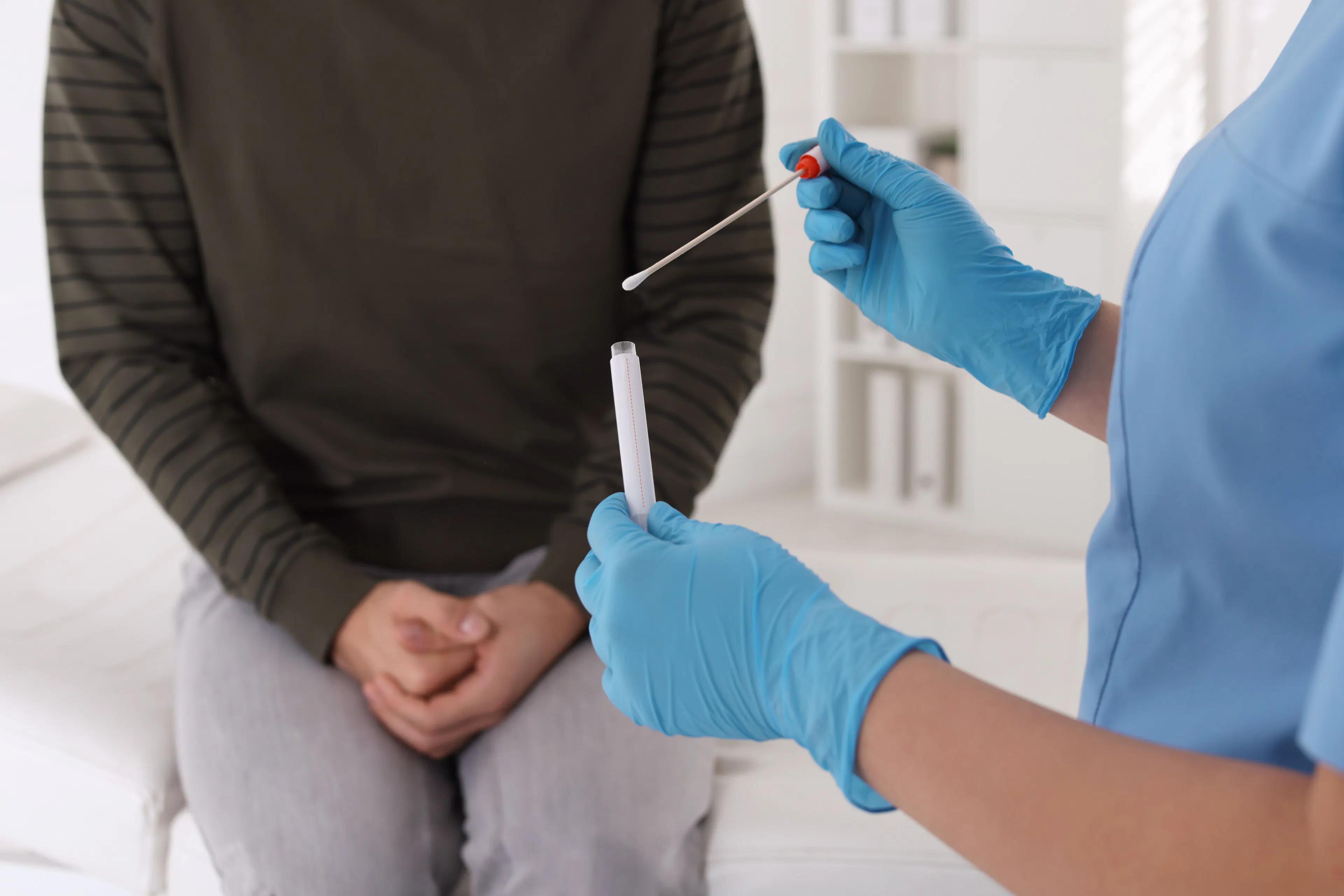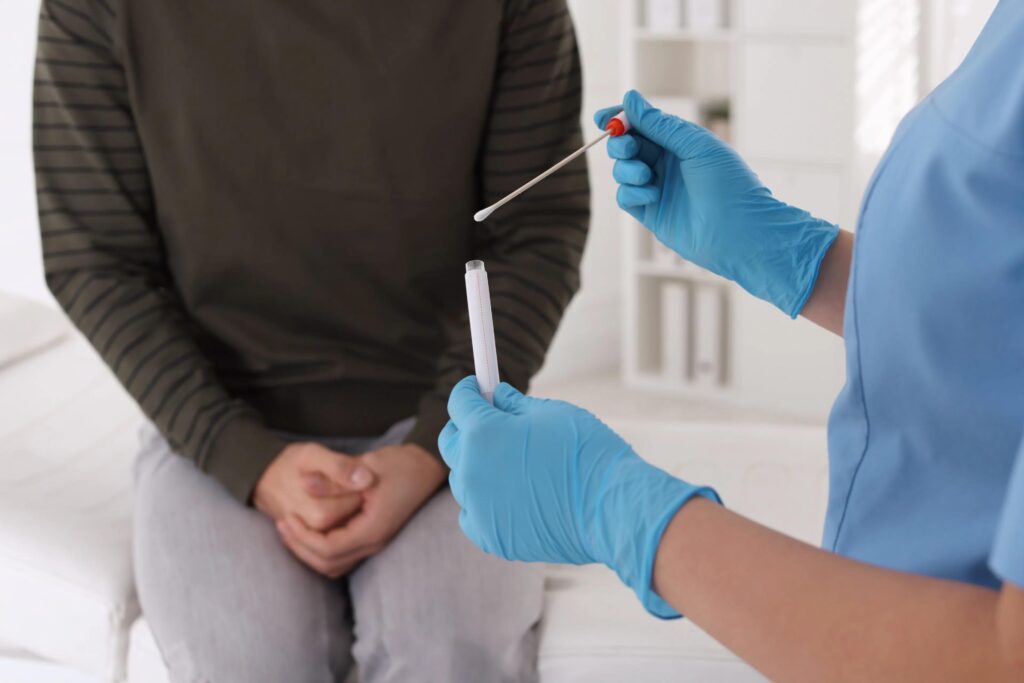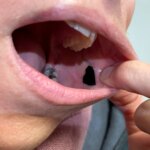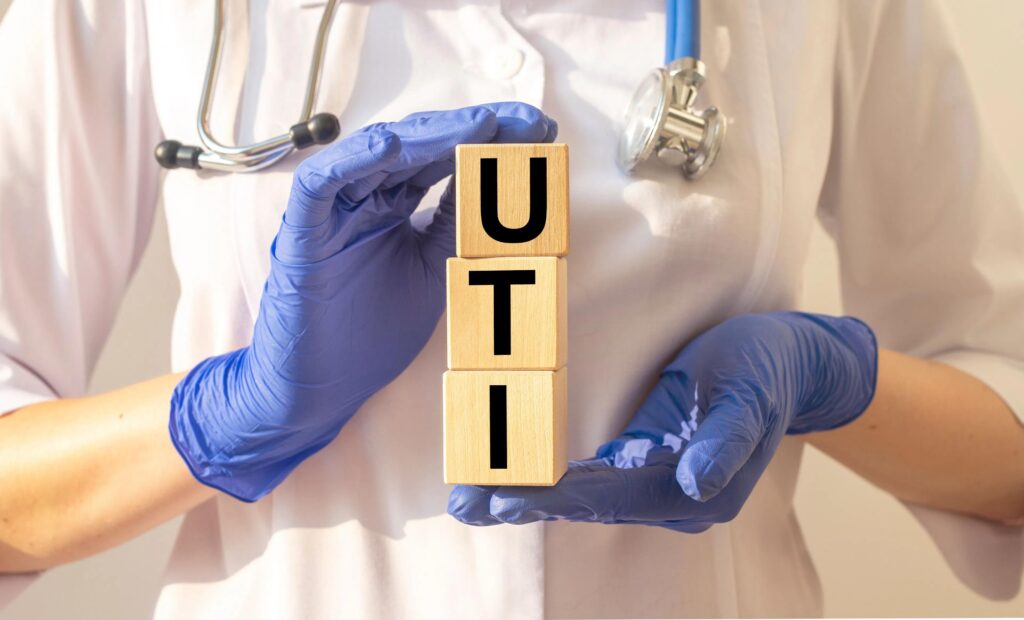This week, April 14 – April 20, is Sexually Transmitted Infections (STI) Awareness Week.

This week, April 14 – April 20, is Sexually Transmitted Infections (STI) Awareness Week. According to the Centers for Disease Control and Prevention (CDC), this week is “an opportunity to raise awareness about STIs and how they impact our lives; how to reduce STI-related stigma, fear, and discrimination; and ensure people have the tools and knowledge for prevention, testing, and treatment.
CDC has a page dedicated to this week and offers education and resources.
Here is an update on the latest news and clinical research.
CDC Report: Syphilis Incidence Rate Continues to Increase and Shows Rising Trend Over Several Years
The Centers for Disease Control and Prevention (CDC) released its annual report, Sexually Transmitted Infections (STI) Surveillance, 2022, which showed primary and secondary syphilis—the most infectious stages of the disease—increased 10 percent in 2022 alone and 68 percent since 2018.
A Strategy for Reducing STIs Through Implementing Doxycycline Post-Exposure Prophylaxis
A study presented at CROI 2024 reveals that the introduction of Doxycycline doxy-PEP guidelines in San Francisco has significantly decreased the incidence of chlamydia and syphilis.
Doxy-PEP to Prevent Bacterial STIs: Proceed But With Caution
Bacterial sexually transmitted infections (STIs) including gonorrhea, chlamydia, and syphilis continue to occur at an alarming rate with an estimated 370 million annually worldwide. The success of HIV pre and post exposure prophylaxis (PREP and PEP respectively) may in fact contribute to the practice of condomless sexual intercourse and result in the transmission of bacterial STIs. An attempt to piggyback on the success of HIV PREP and PEP with doxycycline, an agent active against the major causes of bacterial STIs, has been underway.
Investigators outlined the evidence to date regarding doxycycline PEP (dPEP) and the remaining questions to be answered.
Gepotidacin’s Phase 3 Trial for Gonorrhea Treatment Shows Efficacy
Results were announced from the pivotal EAGLE-1 phase 3 trial, showcasing gepotidacin as a potential oral antibiotic with a mechanism of action aimed at treating uncomplicated urogenital gonorrhea in adolescents and adults.
The study achieved its primary efficacy goal, with two 3,000mg oral doses of gepotidacin showing non-inferiority to a standard treatment regimen of 500mg intramuscular ceftriaxone plus 1,000mg oral azithromycin. This is drawn from the primary endpoint, which is the microbiological response, measured as either success or failure, at the Test-of-Cure (ToC) visit occurring 3-7 days following treatment.








